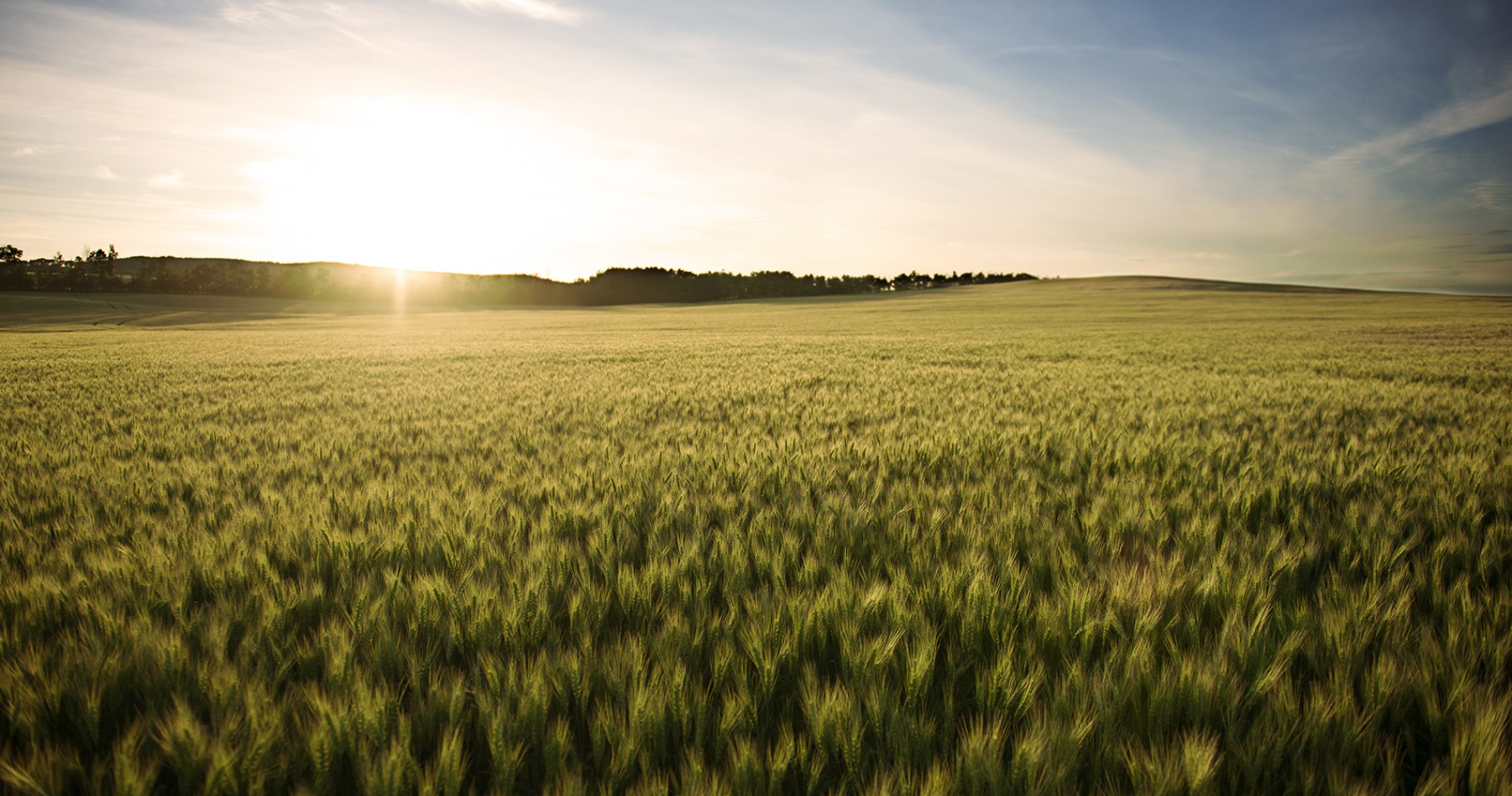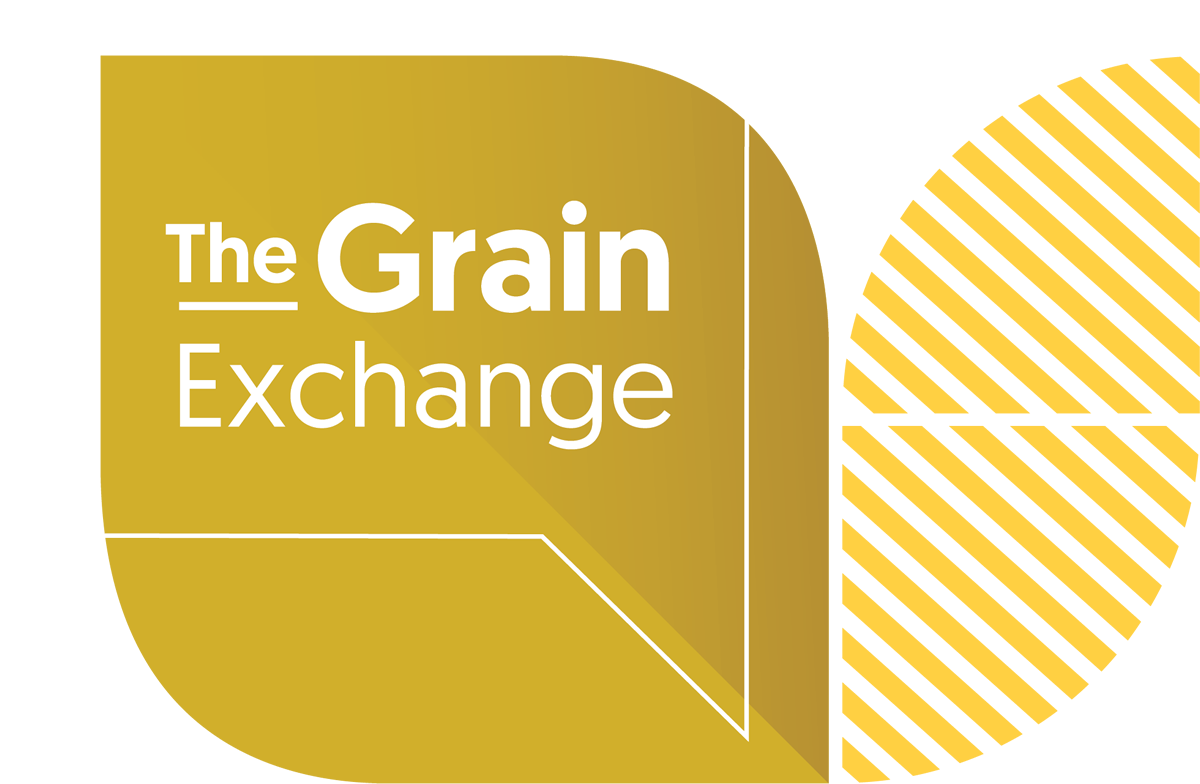Policy TRACKER
Thank you for your readership of the Policy TRACKER column over the last several editions of The Grain Exchange. To ensure you are receiving the most up-to-date farm policy news, we are moving the Policy TRACKER to an online format. Subscribe today to receive the Policy TRACKER and other timely news at albertawheatbarley.com.
Honourable Nate Horner appointed Alberta’s Minister of Agriculture, Forestry and Rural Economic Development
In early November MLA Devin Dreeshen resigned as minister of agriculture and forestry for Alberta. MLA for Drumheller-Stettler, Nate Horner has been appointed to the role. Minister Horner previously held the position as associate minister of rural economic development, and will continue in this role at an expanded capacity. The ministry reflects this change with the new title of Agriculture, Forestry and Rural Economic Development. Minister Horner addressed our groups for the first time at the annual Chops and Crops event held in Edmonton on November 15, 2021. The Alberta Wheat and Barley Commissions are coordinating further opportunities to engage with Minister Horner and we look forward to working with him in his new capacity.
The Guelph Statement
Federal, provincial and territorial agricultural ministers met in early November to align on a vision to 2028, encompassing the five-year period under the next agricultural policy framework which comes into effect in March of 2023. Building on the existing framework under the Canadian Agricultural Partnership, the next framework promises to continue to focus on science, research and innovation, building capacity and growth in value-added processing and markets – all in the sharp lens of sustainability, climate change and GHG emissions reductions. The federal and provincial partnership represents $3 billion in funding over five-years, and includes the funding for business risk management (BRM) programs. As details developed around cost-shared provincial strategic initiatives, federal programs and promised improvements to BRM programs, The Alberta Wheat and Barley commissions will be working with our farmers, colleagues provincially and federally to provide input to how these programs can best benefit farmers out to 2028. Read more on the Guelph Statement at agriculture.canada.ca.
Federal fertilizer reduction targets
The federal government announced their intentions, late last year, to set a national emissions reduction target of 30 per cent below 2020 level from fertilizer. Few details have come forward on how they aim to achieve these targets. To date, there has been very little consultation with farmers, the provinces or industry – which was promised alongside the announced target. With little information available, farmers are rightly concerned. There is concern around the baseline of 2020, that provides little to no recognition of continuous improvements in fertilizer use efficiency over many decades. Further concerns relate to a target being based on absolute versus emission intensity reductions. An absolute reduction would stifle the rate of production in the industry. A recently related report prepared for Fertilizer Canada by MNP indicated this decrease in production could cost farmers $48 billion over the next eight years. The Alberta Wheat and Barley Commissions, together with other industry partners and the Alberta government are pushing the federal government to ensure that both the provinces and farmers are at the table to discuss the most effective ways to reduce nitrous oxide emissions from fertilizer application without stifling the growth of the sector. Read more on this issue at albertawheatbarley.com.
Hunter access survey
Earlier this year the Alberta Wheat and Barley Commissions supported the Alberta Conservation Association in conducting a survey of farmers related to landowner hunting access. The survey sought to examine the views of private landowners in Alberta with a focus on issues that may limit or prohibit public access to their land for the purpose of hunting. Our interest in the project was to ensure that farmers views were well represented, in light of increased requests for access as well as trespassing, and to understand improved ways to work with hunters toward decreasing animal damage. The survey results will be available at albertahunteraccess.com and will show findings related to farmers/ landowners perspectives on granting hunter access and how to best avoid conflicts. For more information about the project or to learn more about the findings, feel free to contact Phillip Rose with Alberta Conservation Association at phillip.rose@ab-conservation.com.

